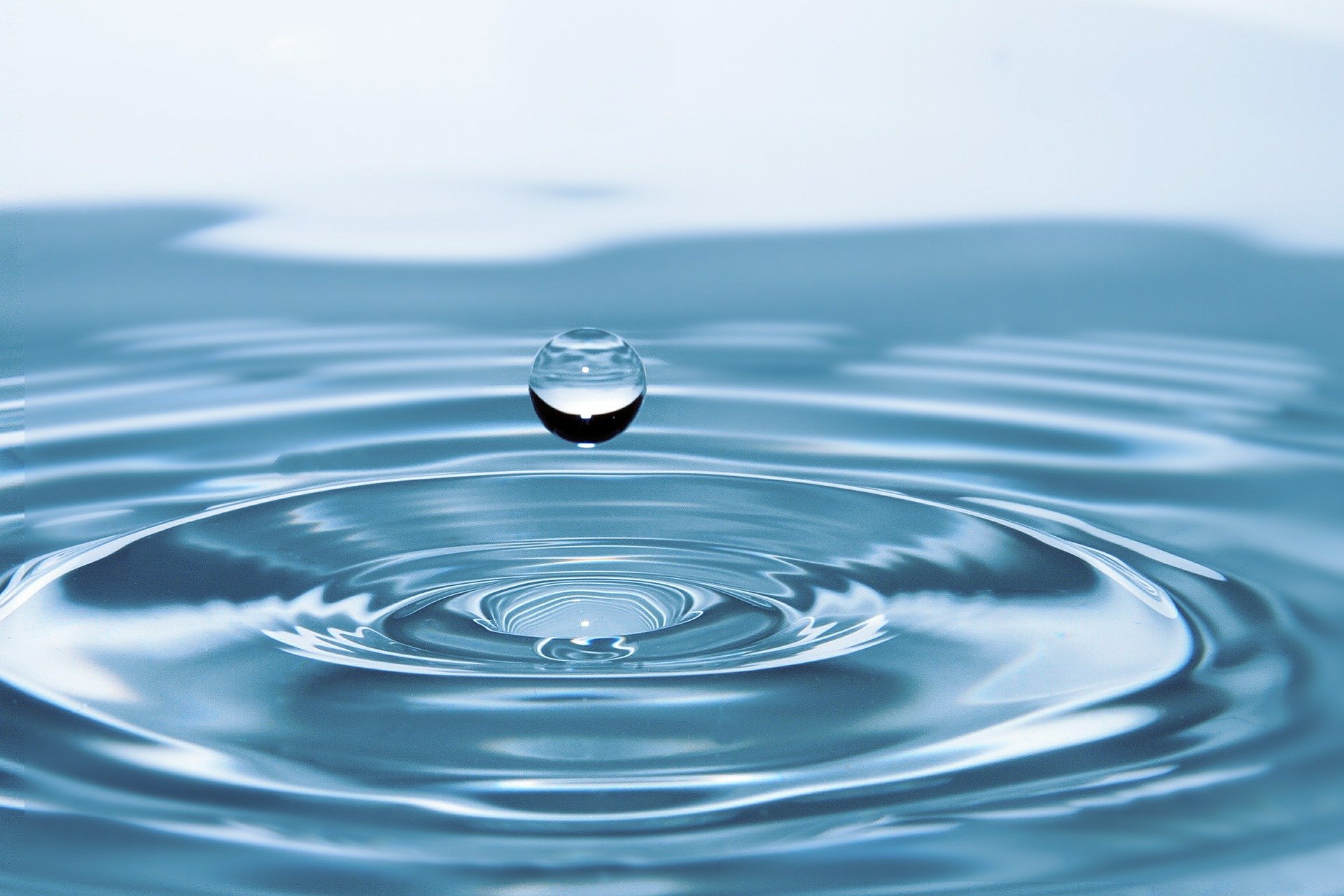Power sensors on pumping equipment are a key tool to provide valuable predictive maintenance that protects equipment and delivers cost savings. Monitoring a pump’s power supply provides insight into any changes in the workload of the pump. Fluctuations in power can be set to trigger the equipment to shut down before overheating causes expensive problems that lead to pump failure. Monitoring the pump’s power can predict a looming occurrence of spillage, impeller breakage, or housing damage.
Tracking pump power consumption and improving predictive maintenance programs are two of the most important benefits of power monitoring.
How Power Monitoring Works: Three Phase Power Supply
Three-phase induction motors are at the heart of just about all industrial pumps. Three-phase power is the catapult to rotate the rotor by creating a rotating field in the stator.
Measuring three-phase power is performed with the following formula:
P = (E)(I)(Cosø)(1.73)
P = Power (Watts)
E = Voltage Phase to Phase (Volts)
I = Current in each phase (Amps)
Cosø = Power Factor (Ranges from 0 to 1)
1.73 = Multiplication Factor for three phases = √3. For single-phase use 1.0
1 Horsepower = 746 Watts
The Role of the Power Factor
The current is always lagging behind the voltage in an induction motor. The power factor represents the cosine of this angular lag. The power factor may be as low as .1 in a lightly loaded pump motor. This low power factor could be thought of as electrical inefficiency, whereas the current is flowing to the motor to charge the circuit’s magnetic portion, although it cannot provide useful power. The power factor improves as the load increases and is generally around .9 for a fully loaded motor.
Power monitoring provides valuable insight and can be applied to both positive displacement and centrifugal pumps.
Power Sensors, Monitoring, and Comparison to Other Techniques
Monitoring pump power can be performed alone or used as part of a multimode measurement program. Other pump measurement status techniques include flowmeters, vibration sensing, and temperature monitoring.
Flow meters provide critical data to understand the status of a subsystem by measuring throughput and viscosity information. Flow meters provide the most effective measurements in the flow, which can lead to maintenance or reliability concerns. It can also be somewhat costly to install flowmeters, although leveraging flow sensors combined with power monitoring can be a valuable tool, particularly when any changes in viscosity are critical to achieving pump efficiency. Both flowmeters and power monitoring provide quick feedback on any potential impeller damage or flow loss.
Vibration sensing delivers important feedback on pump balance and alerts operators to any misalignment or ongoing wear as vibration increases if a pump is misaligned. Preventive maintenance programs commonly utilized vibrations sensing techniques with insight into the state of the process achieved with ultrasonic vibration measurement. Installing vibration sensing alone is fairly simple, although can be more costly than power monitoring. When used together with power monitoring, vibration sensing provides important information about ongoing pump maintenance efficiencies.
The implementation of temperature sensing in pumping processes requires a decision on where temperature monitoring should occur. Temperature sensing can occur in the pump/motor housing or in the flow. Temperature sensing performed in the flow is the most accurate, although it will require ongoing maintenance. Temperature sensing in the housing can be easier to install, although may experience issues with accuracy. An ambient temperature sensor may also be required to ensure that process measurements are reflected rather than external factors. Measuring just the temperature is not likely to indicate the failure of the impeller in a timely fashion. Temperature sensing combined with power sensing can provide accurate centipoise information that can enable proper decision-making for viscosity-based processes.
Be sure to consult with an experienced pump and process equipment specialist to implement the right type of measurement and monitoring systems for your pumps.
Illinois Process Equipment, IPE, is a leading pump and process equipment supplier with vast experience and technical knowledge of various market applications. We offer high-quality pumps and process equipment from the top brands in the industry and differ from other pump suppliers with our deep technical knowledge and commitment to total customer satisfaction. Contact us with any questions and to learn more about power monitoring and how to choose the right measuring and monitoring systems for your pumps.



